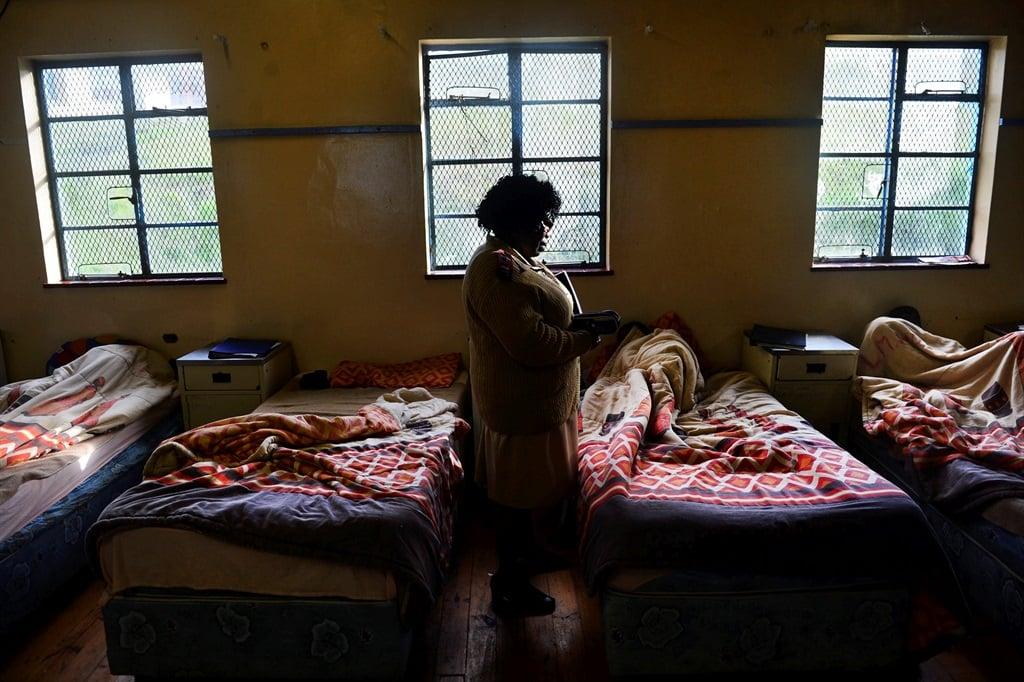Africa-Press – South-Africa. As the world commemorates International Nurses Day, the Democratic Nursing Organisation of South Africa (Denosa) has raised concerns about the shortage of nurses in public health facilities.
Denosa spokesperson Sibongiseni Delihlazo said that according to research conducted by the organisation, there were 20 000 unemployed nurses sitting at home.
Delihlazo said:
According to the data, Gauteng had about 10 000 unemployed nurses, followed by Free State with 5 000, Limpopo with 3 000, Mpumalanga with 2 000, Western Cape with 1 000, North West with 500, Eastern Cape had 350, and there were 200 unemployed nurses in KwaZulu-Natal.
A recent report titled, The Nursing Community Service Programme: The Answer to rural health system challenges, revealed that South Africa had a shortage of between 26 000 and 62 000 professional nurses.
The report also estimates that by 2030, the demand for nurses in South Africa will increase to between 305 000 and 340 000.
Denosa has urged the government and employers to adopt the International Council of Nurses’ 10 policy actions to salvage SA’s ailing healthcare system.
Delihlazo said the 10 policy actions were to protect and invest in the nursing profession, and urgently address and improve support for nurses’ health and well-being by ensuring safe and healthy working conditions and respecting their rights.
“Public healthcare facilities are faced with overcrowding, gross shortage of staff, low pay and constant reduction in health budgets leading to the procurement of fewer medicals, resources and equipment,” Delihlazo said.
Meanwhile, Life Healthcare group chief executive Peter Wharton-Hood has expressed concern that Life Healthcare was able to train up to 3 000 nurses a year, which would help address the shortfall, but was currently only accredited to train 800.
“Today’s investment in these critical skills does not stack up against the growth of our population. If no immediate action is taken, and we cannot develop a sustainable pipeline of nursing talent, the problem is going to get worse.
“Nurses are the backbone of any healthcare system, and we are being denied the opportunity to invest in the next generation of nurses,” Wharton-Hood said.
For More News And Analysis About South-Africa Follow Africa-Press






